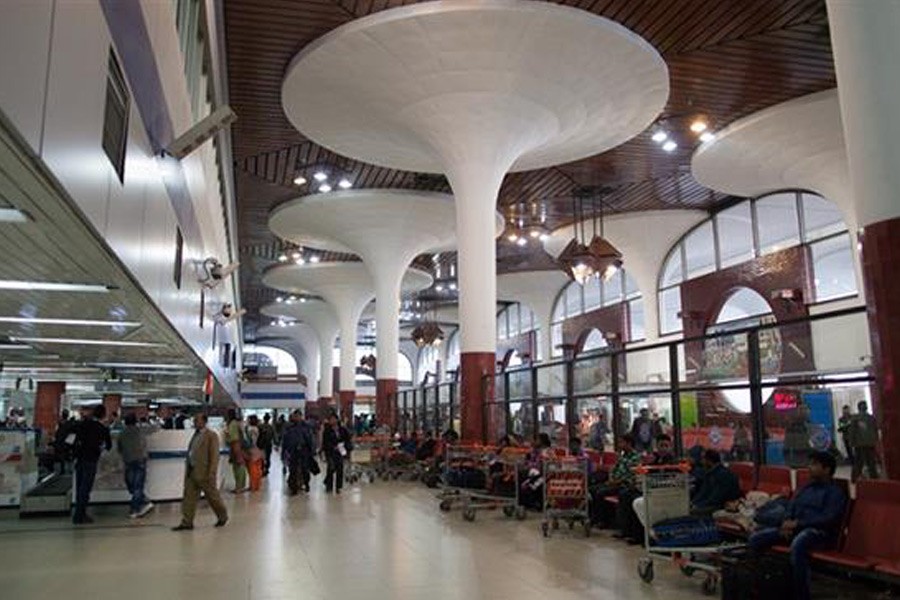The customs authority is set to introduce a rule to maintain the record of the inbound and outbound overseas passengers.
With the new rules, the government will be able to keep a data base of the passengers, before arrival and after departure.
This is being done to thwart smuggling, drug trafficking and monitor movement of militants and criminals.
In the Finance Bill-2018, the government has proposed to incorporate the provision of Advance Passenger Information (API) and Passenger Name Record (PNR) in the Customs Act-1969.
"The National Board of Revenue (NBR) may, in a manner prescribed by rules, require the owner or agent of an aircraft or vessel conveying passengers to provide API or PNR prior to the arrival and departure of such aircraft or vessel," the bill reads.
Customs officials said API about passengers will also expedite the customs clearance process of general passengers.
They may not have to face unusual hassles at immigration and customs points if customs authority has API, officials said.
They said the customs authority was facing difficulties to introduce the API due to lack of the relevant provision in the Customs Act-1969.
Bangladesh will be able to check entrance of people having travel ban imposed by the international organisations like United Nations (UN).
Under the API system, airline authorities will send the detailed information of passengers to the customs authority before the departure of the flights from his/her port of entry.
The information may be collected, based on the travel documents, including passport and visa during purchase of ticket, seat reservation or check-in time.
Airlines or vessel operators will have to send a list containing some detailed information of onboard passengers including name, address, passport number, nationality, date of birth, details of passport and visa, country of origin, destination.
There will be also travellers' status including passenger, crew or in-transit, and other relevant information.
Generally the aircraft or vessel provides the required information online.
Currently, airlines provide information of passengers to the customs after arriving at the destination ports.
For this reason, customs officials did not get enough time to examine the information about the suspected passengers or goods, officials said.
With the API, customs authorities can take preventive measures against suspected passengers through examining the information under the risk management approach.
Once the provision is approved in parliament, the board would frame rules specifying the required information and the method of passengers' information sharing, officials said.
API guidelines are jointly issued by World Customs Organisation (WCO), International Air Transport Association and International Civil Aviation Organisation.


